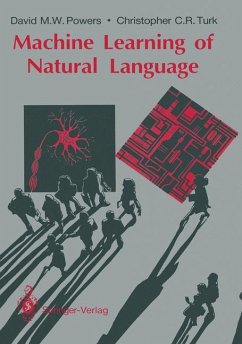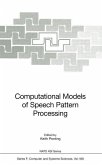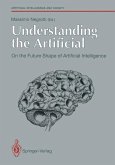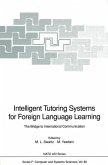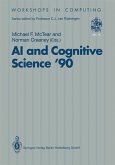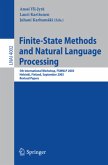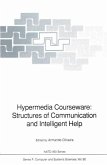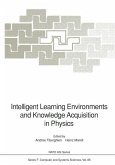We are still a long way from designing computers that can understand human languages. The authors view natural language as fundamental to human cognitive processes and perhaps the key to making machines that can understand us. In this electronic age, language is increasingly the province of workers in the fields of cognitive psychology and artificial intelligence who record, transmit, simulate and analyse its form and representation. The authors explore current thinking in the search for machine understanding of human languages, focusing on how computing machinery can acquire the cognitive structures which occur in natural language. The book begins with a summary of basic views of methodology, bringing together linguistic, scientific, neurological and related cognitive approaches. It concludes with a description of experimental learning mechanisms, some of which are simplifications of the way a natural language acquisition system might be built, and some example programs in PROLOG.
Die Autoren erforschen aktuelle Denkrichtungen, die das Ziel haben, daß Maschinen natürliche Sprachen verstehen. Zunächst wird eine Zusammenfassung der grundlegenden Methodik gegeben; am Schluß werden experimentelle Lernmechanismen und Beispielprogramme in PROLOG beschrieben.
Hinweis: Dieser Artikel kann nur an eine deutsche Lieferadresse ausgeliefert werden.
Die Autoren erforschen aktuelle Denkrichtungen, die das Ziel haben, daß Maschinen natürliche Sprachen verstehen. Zunächst wird eine Zusammenfassung der grundlegenden Methodik gegeben; am Schluß werden experimentelle Lernmechanismen und Beispielprogramme in PROLOG beschrieben.
Hinweis: Dieser Artikel kann nur an eine deutsche Lieferadresse ausgeliefert werden.

